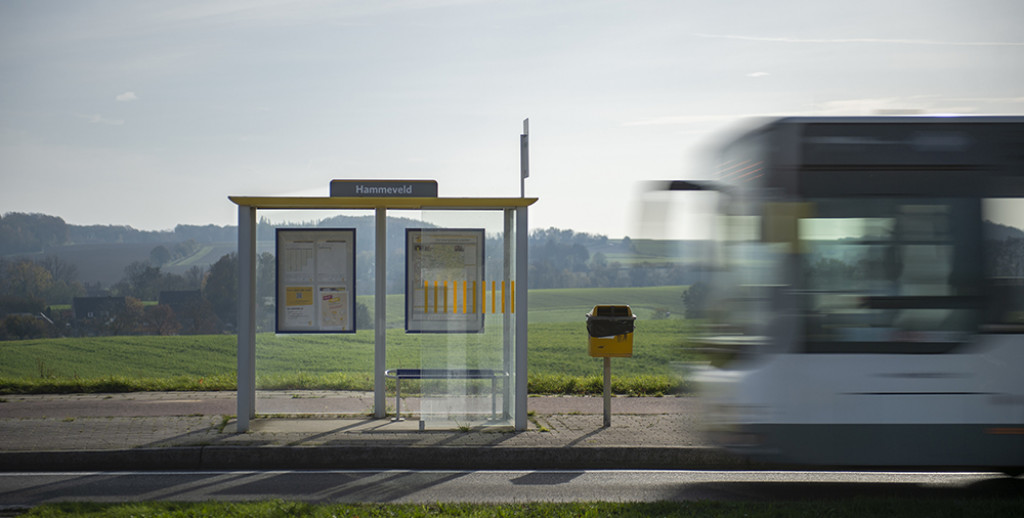
© Randkrant
The Flanders Living Lab focuses on the role of flexible public transport as a solution for transport poverty in sparsely populated areas of Flanders. The Lab asseses on-demand public transport initiatives from the users’ perspective. This approach scrutinizes the extent of public transport reliance, service adequacy and alignment with users’ needs. The invaluable feedback gathered is then harnessed to refine and enhance public transport services making these more inclusive and responsive to all travellers. By actively engaging users and stakeholders throughout the evaluation process, the ULL can ensure that public transport solutions are finely tuned to cater the diverse needs of the user community. Through the ULL methodology, the objective is to not only incorporate user perspectives into the evaluation phase but also in subsequent planning phases. The ultimate goal is to develop a versatile tool, encompassing methods to gather user experiences and methods to integrate these insights into public transport planning. This tool should benefit not only the public transport operator involved in the project, but also other transport planners and operators.
The pilot project focuses on an on-demand PT service that has been running for more than 30 years. The service is integrated in the regular PT bus service, and provides additional services in areas with lower density. Due to a new policy on mobility and PT organisation, the bus service, including the on-demand service is being reorganised. The evaluation of the new on-demand service is part of the Living Lab.
A starting point of the Living Lab was the analysis of the trips taken by the users of the service between 2019 and 2023.
In a first phase of the living Lab, a survey was launched to know more about the users of the on-demand PT service in Flanders. The more than 2000 responses delivered learnings about the socio-economic characteristics of the users, and the importance of the service in relation to social inclusion.
A second set of activities consisted of a series of Q&A sessions where we brought together users of the on-demand service and the PT operator. These sessions were organised in the weeks following the implementation of the new on-demand service, in January and early February 2024, in collaboration with 5 municipalities who helped with communication and organisation. After a short presentation about the new service, users were able to ask questions, report problems and raise concerns. A total of 5 local sessions reached 80 users and 12 local politicians and officials.
Issues reported included missing bus stops, problems with the booking system and buses not turning up when requested. The reorganisation of service areas with strict boundaries also proved problematic. In addition to these operational problems, users felt that they were informed of the changes very late and questioned the lack of involvement.
As a result of these question and answer sessions, some of the bus stops that had been removed were reinstated. The service areas will be evaluated and problems with the online application will be followed up.
In order to find answers to the question of increased user participation, a series of focus groups were organised in April and May 2024. Again in cooperation with the municipalities, 8 sessions will be organised. Different user groups are being reached by offering both daytime and evening sessions, and by a broad communication through the municipalities. The focus groups focus on two main questions: how well does the service meet users’ needs, and how do users want to be involved in the public transport planning process?
The focus groups are well underway. The results will be presented to a group of local decision makers and project partners in June. Users’ questions and wishes regarding participation will be presented and possibilities for implementing certain methods will be discussed.
The next step will be to test and evaluate these findings in a series of multi-stakeholder workshops with users. The findings from these workshops will feed into a framework for user participation in PT planning processes.
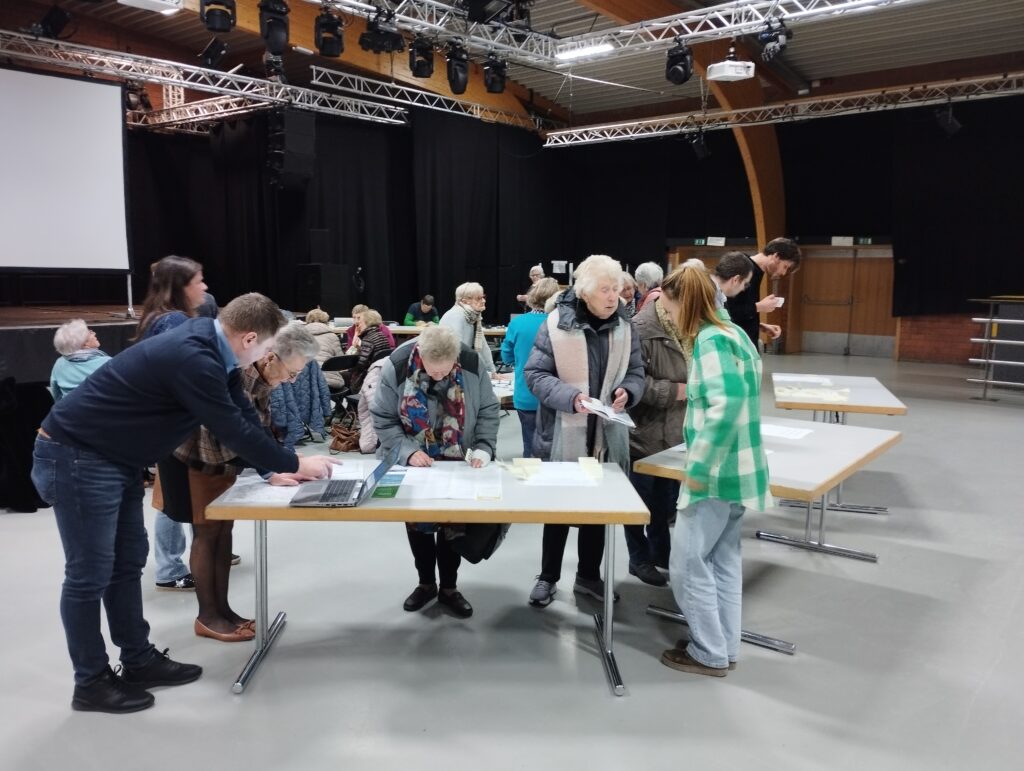
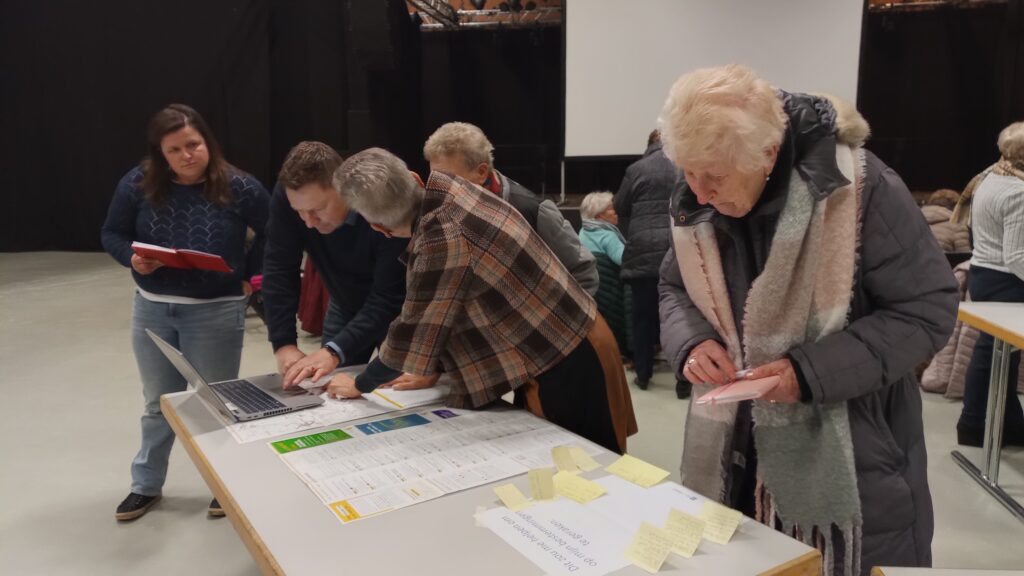
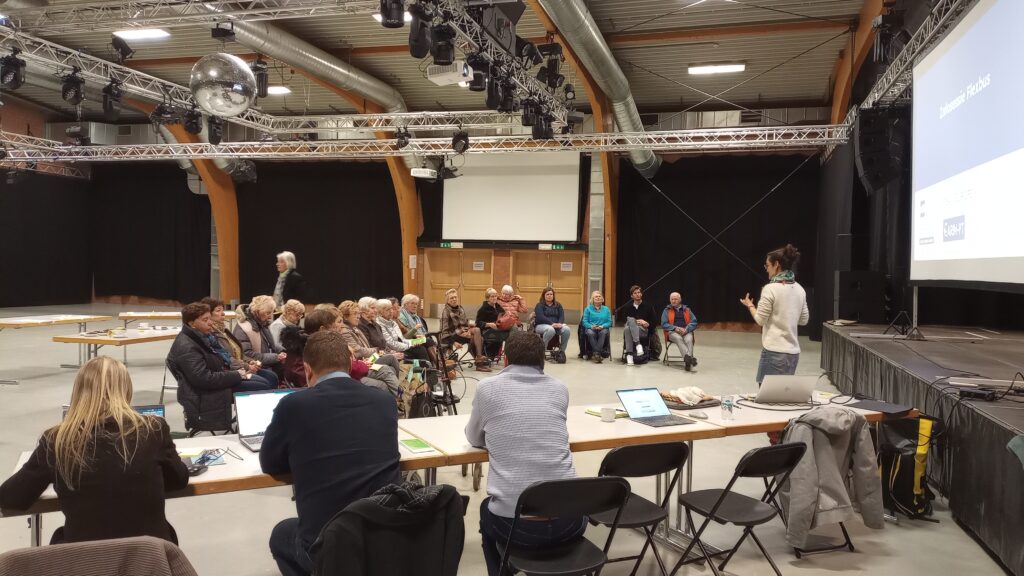
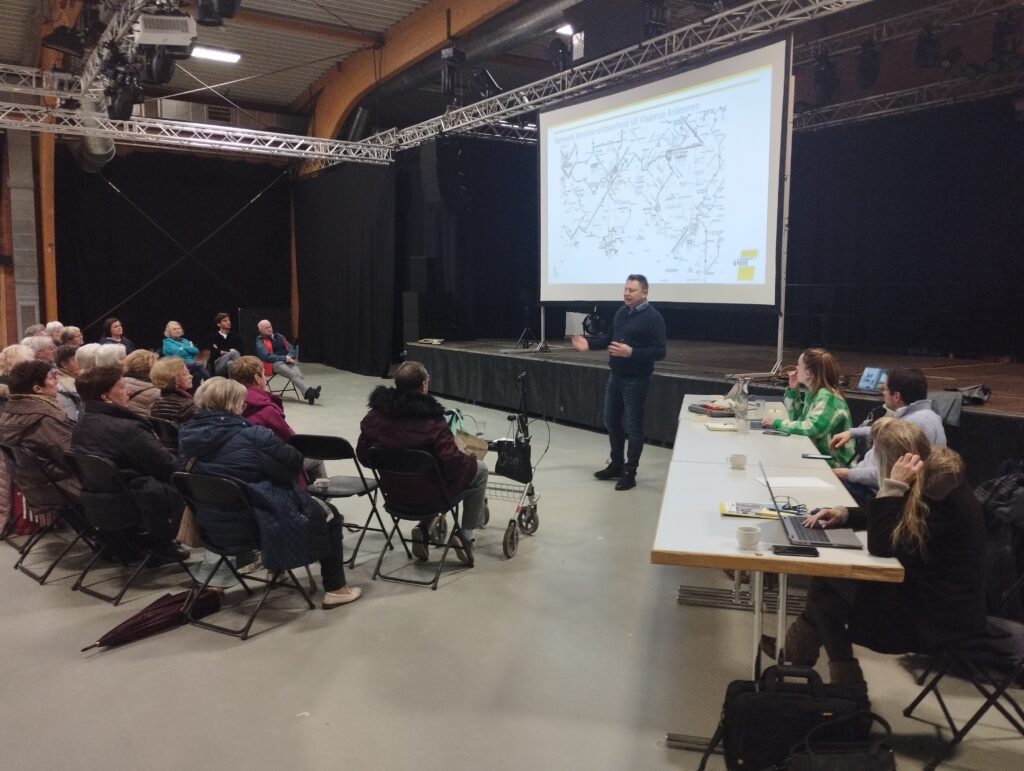
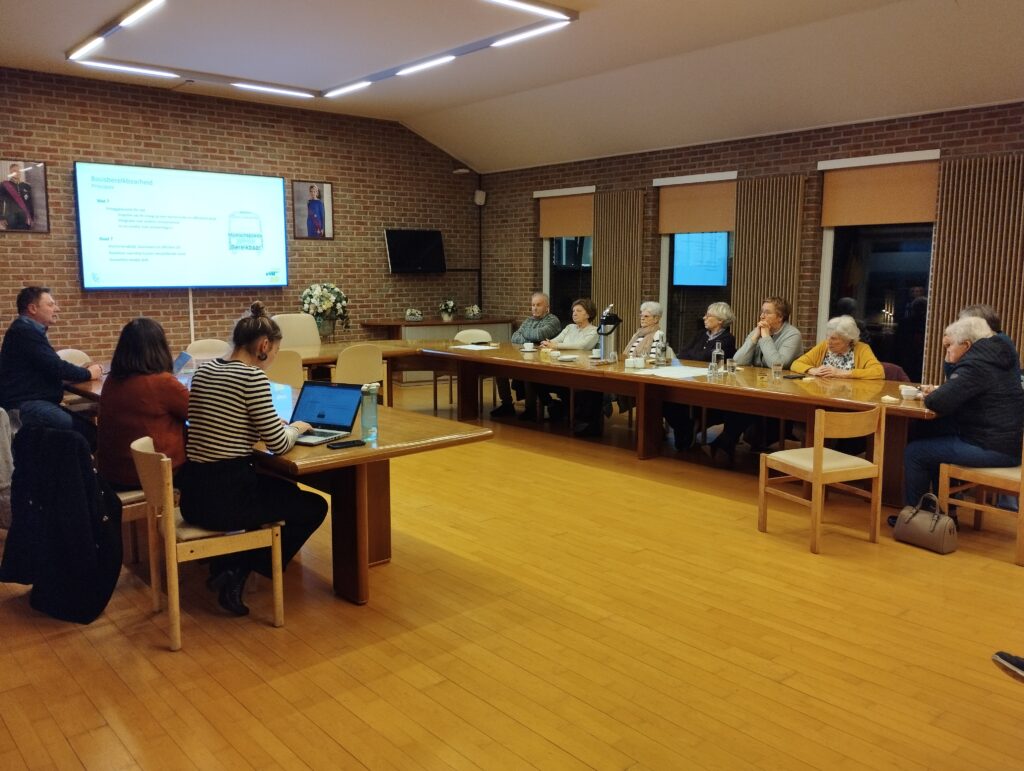
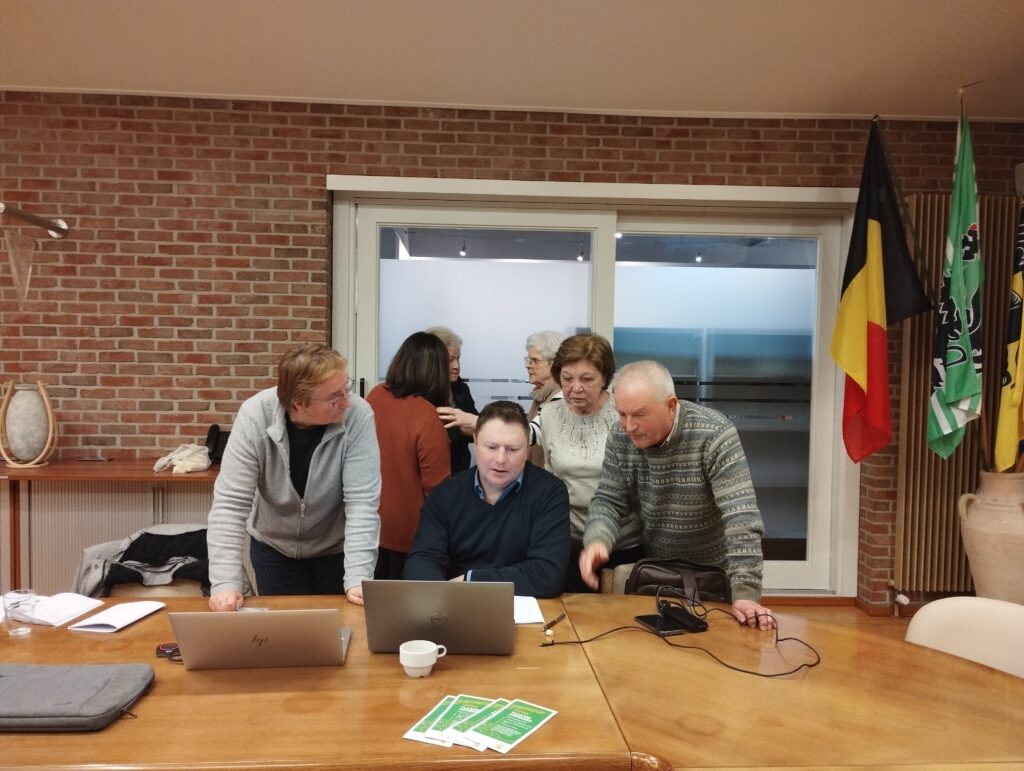
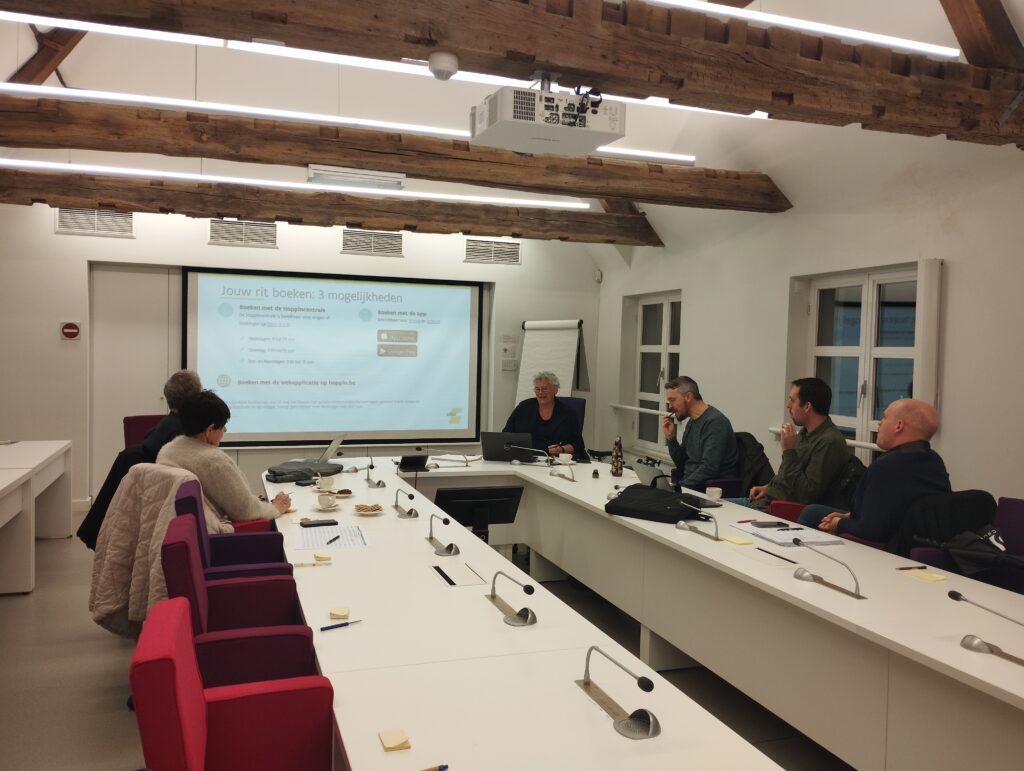
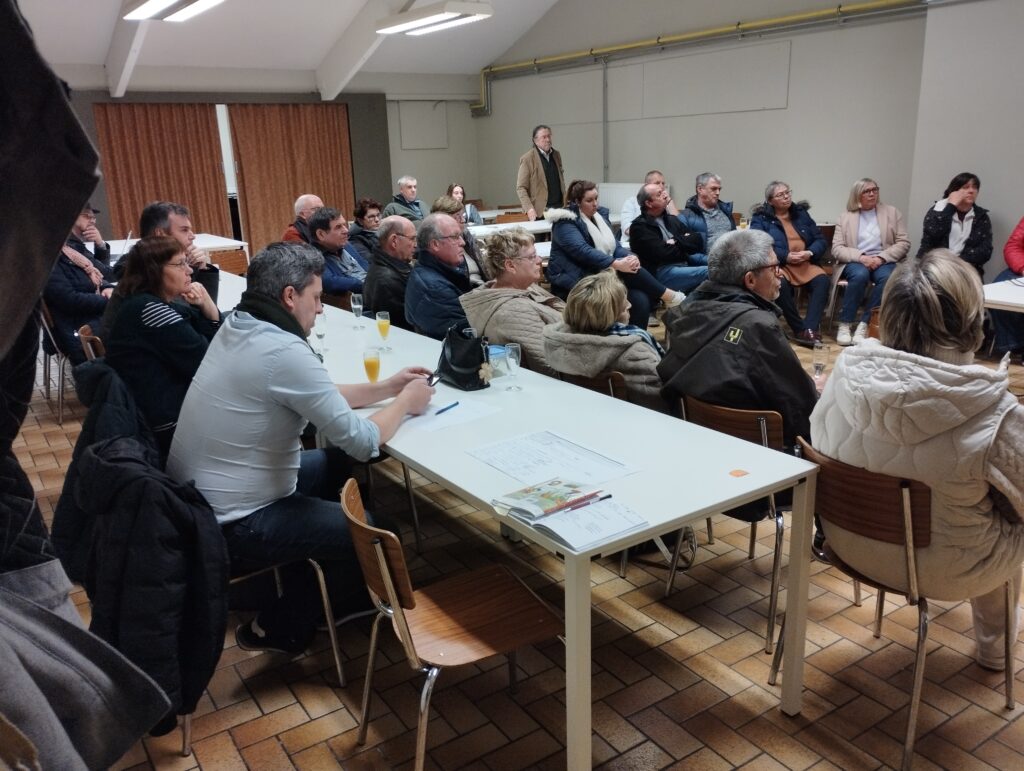
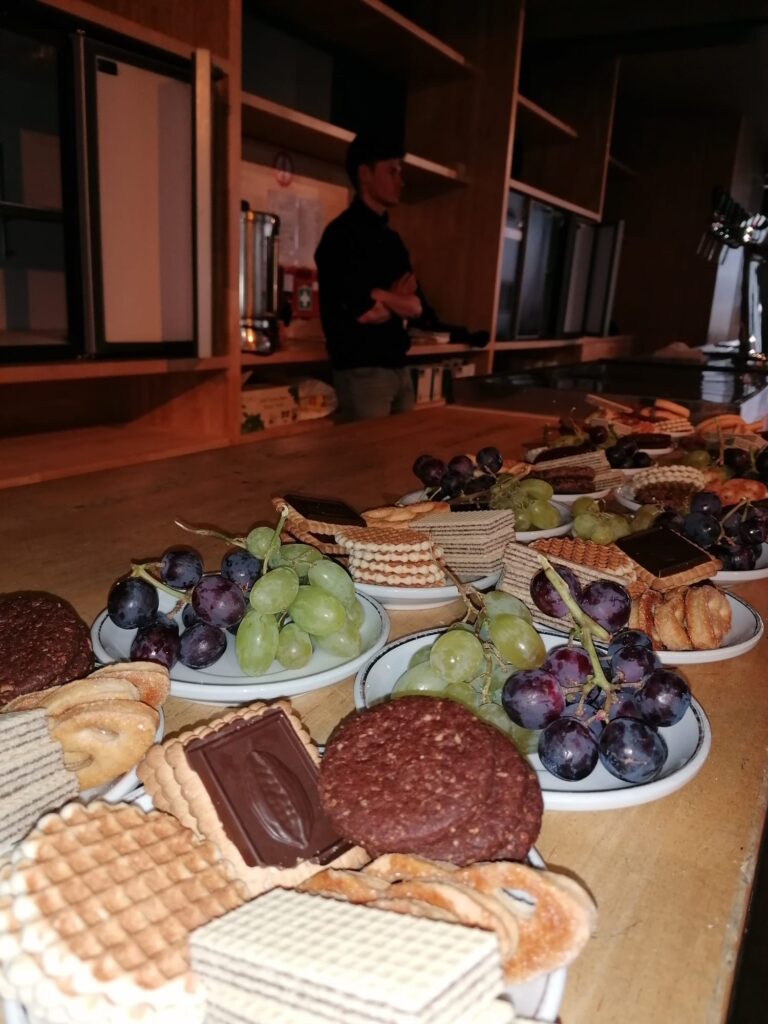
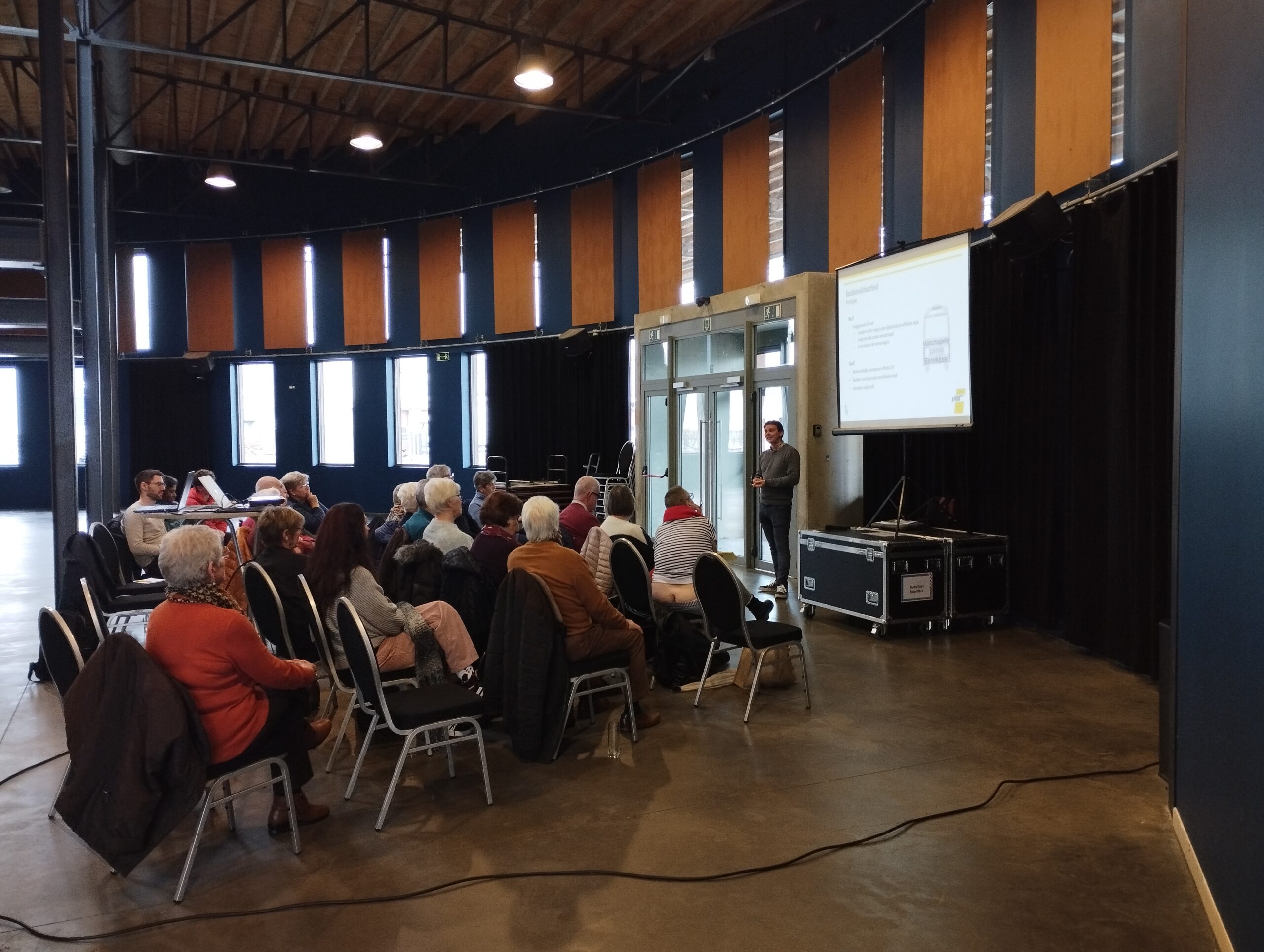
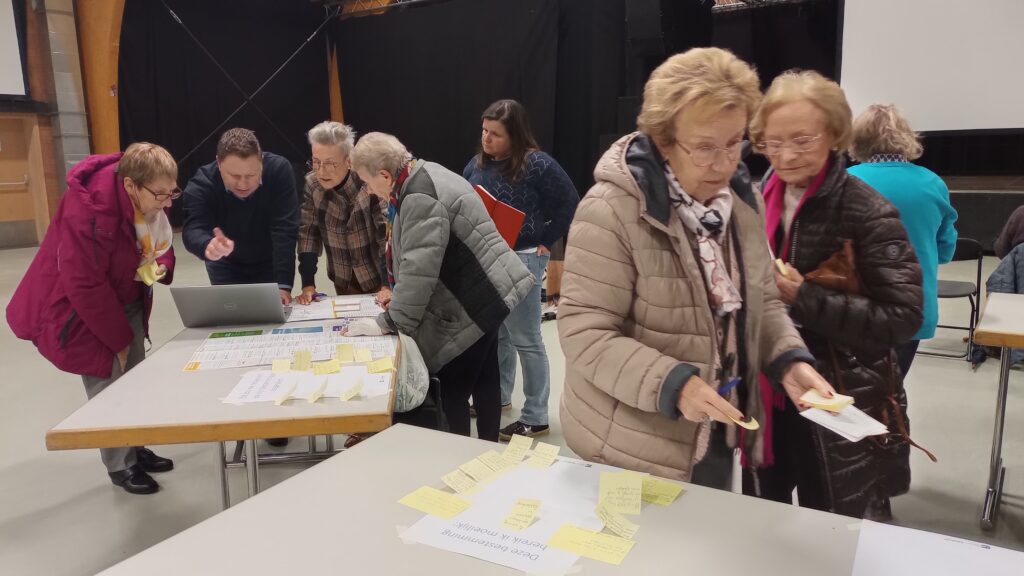
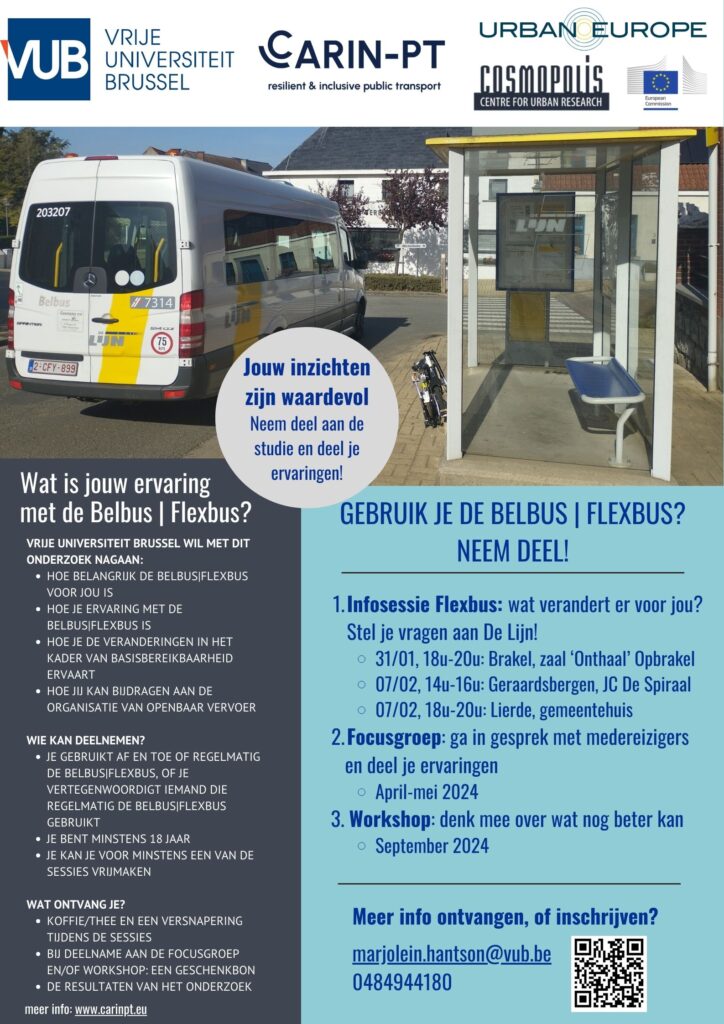
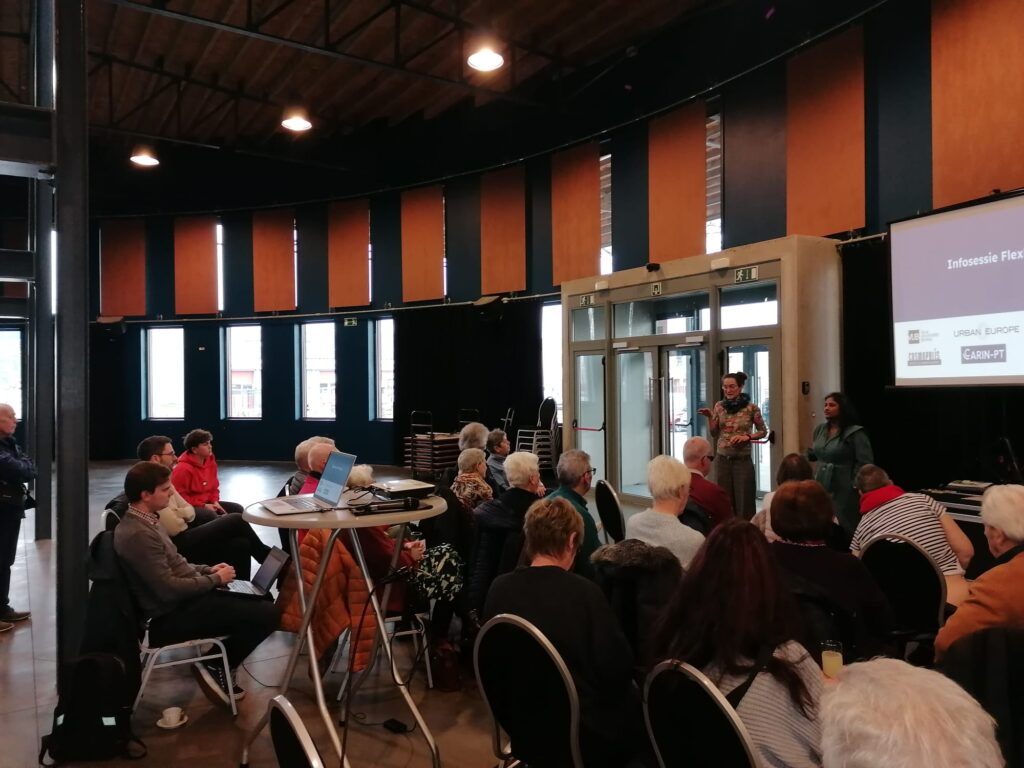
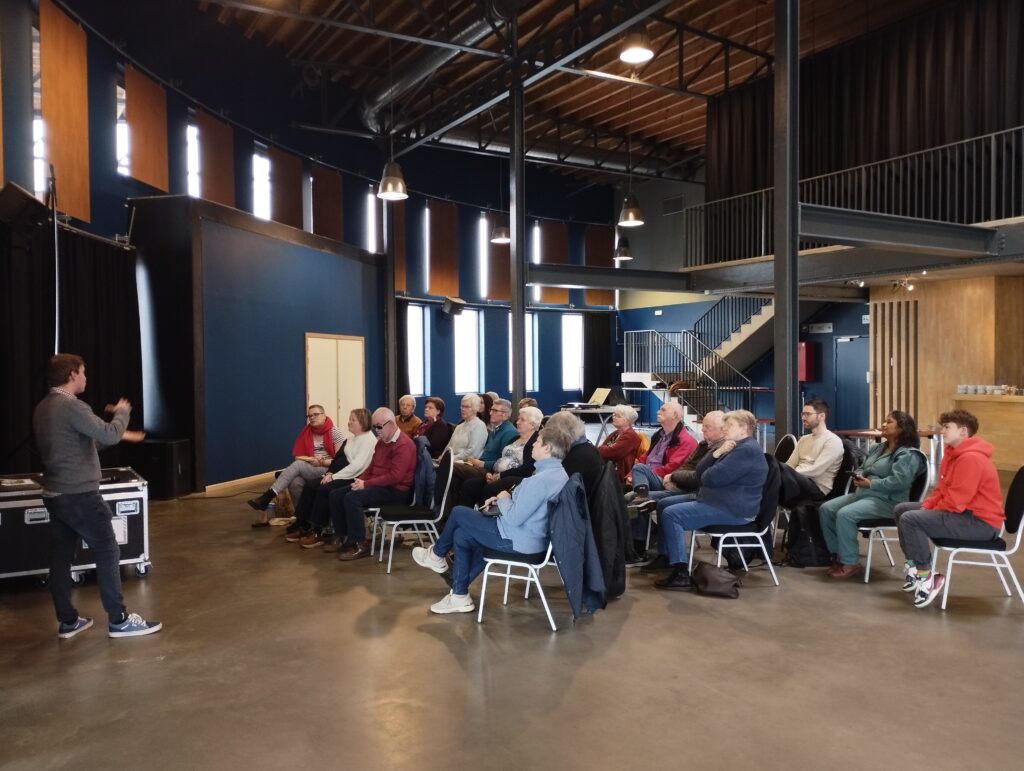

This project has received funding from the JPI Urban Europe research and innovation program under grant agreement No 101003758.
